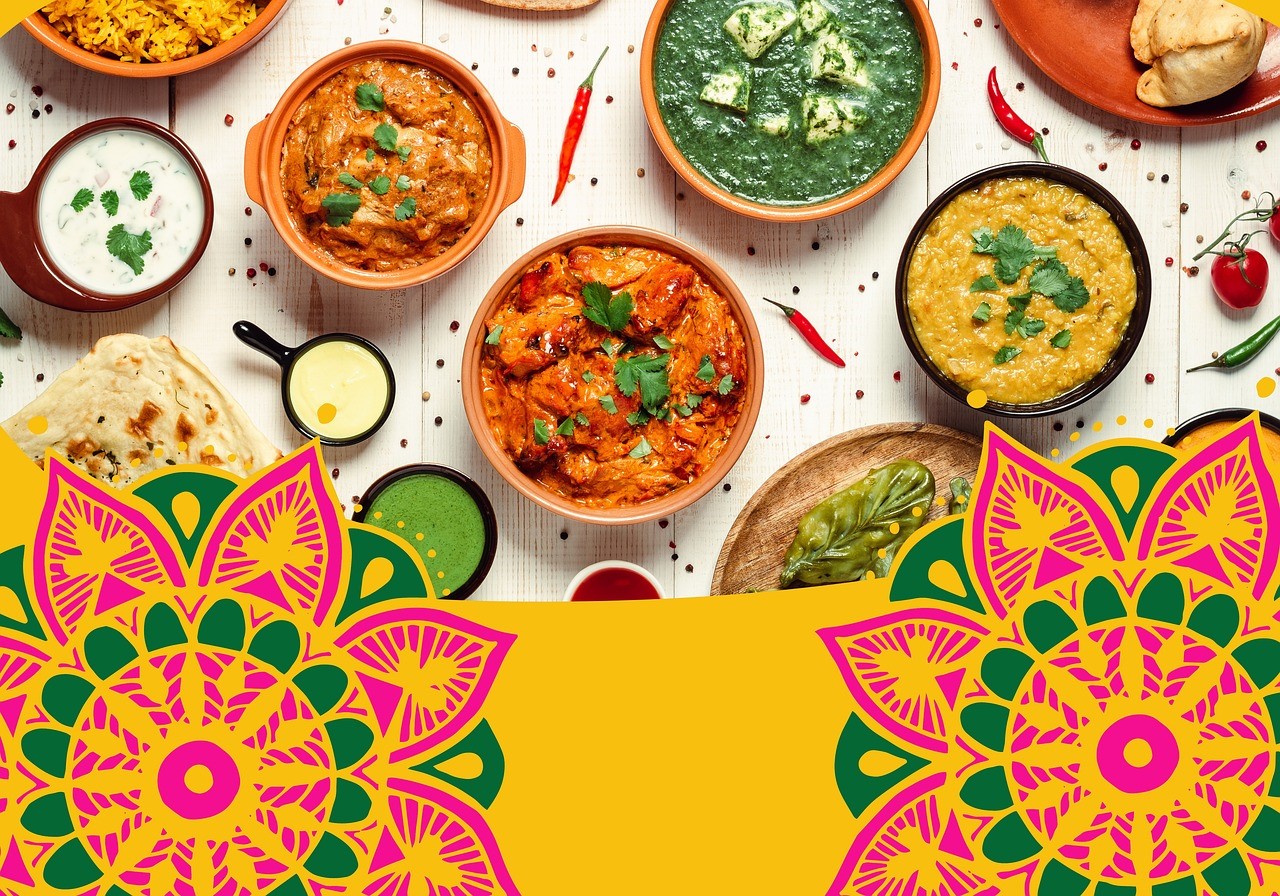The Celebration of Gastronomy: Exploring the Vibrancy of Food Festivals
Introduction
Food festivals stand as vibrant celebrations of culture, community, and culinary artistry. These gatherings encapsulate the essence of human connection through the universal language of food. Whether it’s the sizzle of street food stalls, the aroma of exotic spices, or the symphony of flavors on offer, food festivals ignite the senses and create lasting memories for participants.
Cultural Diversity
At the heart of every food festival lies a tapestry of cultural diversity. These events serve as platforms for communities to showcase their unique culinary heritage, traditions, and innovations. From the rich spices of Indian cuisine to the delicate flavors of Japanese sushi, food festivals offer a journey around the globe without ever leaving one’s hometown. Visitors are transported to distant lands through a single bite, fostering cross-cultural understanding and appreciation.
Opportunity & discover hidden gems
Furthermore, food festivals serve as incubators for culinary creativity and innovation. They provide aspiring chefs, artisans, and food entrepreneurs with a stage to present their craft to a wider audience. Whether it’s a new twist on a classic dish or an innovative fusion of culinary traditions, these festivals encourage experimentation and push the boundaries of gastronomy. Attendees have the opportunity to taste the latest trends and discover hidden culinary gems, contributing to the ever-evolving landscape of food culture.
Sustainability & responsible consumption
Moreover, food festivals are not just about indulging in delectable dishes; they also promote sustainability and responsible consumption. Many festivals prioritize locally-sourced ingredients, organic produce, and eco-friendly practices. By supporting local farmers and producers, these events contribute to the sustainability of food systems and reduce the carbon footprint associated with food production and transportation. Additionally, food festivals often raise awareness about food waste and promote initiatives to minimize excess consumption, encouraging attendees to savor every morsel mindfully.
Social Interaction & Community Bonding
Beyond the culinary delights, food festivals serve as catalysts for social interaction and community bonding. They provide a space for people from all walks of life to come together, share stories, and forge new connections over a shared love of food. Whether it’s families gathering for a picnic in the park or strangers striking up conversations at communal dining tables, these festivals foster a sense of belonging and camaraderie that transcends cultural and social barriers.
Food is not merely sustenance; it is a cornerstone of human civilization, intimately woven into the fabric of our social, cultural, and economic landscapes. It transcends geographical boundaries and serves as a universal language that connects people from all walks of life. Here, we’ll explore the myriad dimensions of food, from its cultural significance to its role in health and sustainability.
Cultural Significance
Food is imbued with cultural symbolism and meaning, reflecting the traditions, beliefs, and values of societies around the world. Each culture boasts a rich tapestry of culinary heritage, passed down through generations and evolving over time. From the intricate rituals of Japanese tea ceremonies to the festive feasts of Thanksgiving in the United States, food plays a central role in rituals, celebrations, and rites of passage. It serves as a tangible expression of identity, belonging, and shared history, fostering a sense of community and continuity.
Health and Nutrition
In addition to its cultural significance, food is paramount to our physical health and well-being. A balanced diet comprising a variety of nutrient-rich foods is essential for optimal health, providing the body with the energy and nutrients it needs to function effectively. However, in an era marked by processed foods and sedentary lifestyles, nutrition-related health issues such as obesity, diabetes, and cardiovascular disease have reached alarming levels. As such, there is growing recognition of the importance of promoting healthy eating habits and food literacy to combat these health challenges and empower individuals to make informed dietary choices.
Sustainability and Food Systems
The production, distribution, and consumption of food also have significant environmental and social implications. Industrial agriculture, characterized by monoculture farming and intensive chemical inputs, has led to environmental degradation, loss of biodiversity, and depletion of natural resources. Moreover, the global food system is rife with inequities, with millions of people facing food insecurity and hunger amidst plenty. Addressing these challenges requires a shift towards more sustainable and equitable food systems that prioritize environmental stewardship, social justice, and food sovereignty. This entails supporting small-scale farmers, promoting agroecological practices, reducing food waste, and fostering resilient local food economies.
Culinary Arts and Innovation
Beyond its nutritive value, food is also an art form, with chefs and food artisans pushing the boundaries of creativity and innovation. The culinary arts encompass a vast array of techniques, flavors, and aesthetics, ranging from haute cuisine to street food. Chefs experiment with novel ingredients, fusion cuisines, and avant-garde cooking methods to delight and surprise diners. Moreover, advancements in food technology and gastronomy have paved the way for new culinary experiences, such as molecular gastronomy and plant-based alternatives. As consumers increasingly seek out unique dining experiences and sustainable food options, the culinary landscape continues to evolve and diversify.
In sum, food is a multifaceted phenomenon that encompasses cultural, nutritional, environmental, and artistic dimensions. It nourishes not only our bodies but also our souls, serving as a source of sustenance, joy, and connection. As we navigate the complex challenges and opportunities of the 21st century, food remains a powerful force for positive change, capable of nourishing both individuals and communities while fostering a more sustainable, equitable, and delicious world.
Conclusion
In conclusion, food festivals represent more than just a gathering of gastronomic delights; they embody the spirit of celebration, creativity, and community. Through a kaleidoscope of flavors, aromas, and experiences, these festivals showcase the richness of our culinary heritage and the diversity of our world. As we navigate an increasingly interconnected global landscape, food festivals serve as beacons of cultural exchange, sustainability, and social cohesion, reminding us of the power of food to unite, inspire, and nourish both body and soul.
FAQs:
1. What are food festivals?
2. What makes food festivals vibrant and appealing?
3. What types of food festivals exist?
4. How do food festivals contribute to cultural exchange?
5. What are some famous food festivals around the world?
6. How can I participate in a food festival?
7. What can I expect at a food festival?
8. How do food festivals support local economies?
9. Are food festivals suitable for families and children?
10. How can I stay informed about upcoming food festivals?






